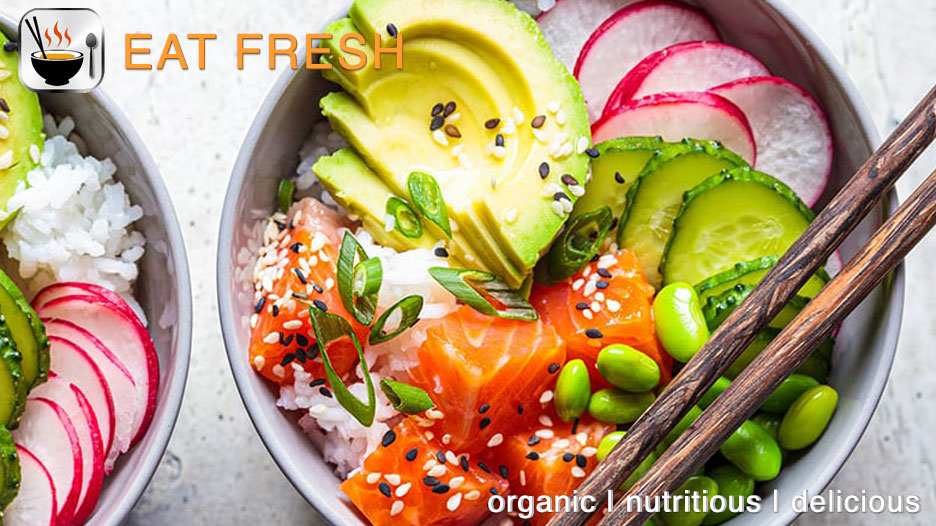
Welcome to EAT FRESH!
Whether you eat to live or live to eat, cleaner, healthier eating shouldn’t mean bland, boring, flavorless foods. Dining should be as interesting and exciting as a thrilling carnival ride or a pulse-pounding movie.
That’s what Eat Fresh is all about. Delicious dining, learning the do’s and don’ts of preparing those scrumptious meals, and knowing what tools you need to make the magic happen in the kitchen is what we’re all about.
Yes, we know where you’re going to start on the journey. And honestly, we can’t blame you one bit! The innovative, enticing dishes created by our favorite food connoisseur - Chef Sam - is the perfect inspiration for healthy and delicious dining. So go ahead … check out Cleaner Cooking on YouTube. You won’t regret it. Then come back here for the basics … and much, much more!
| 